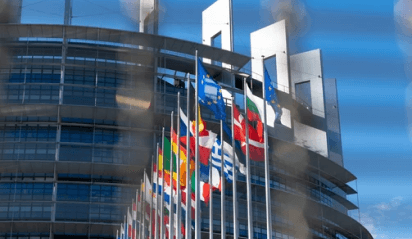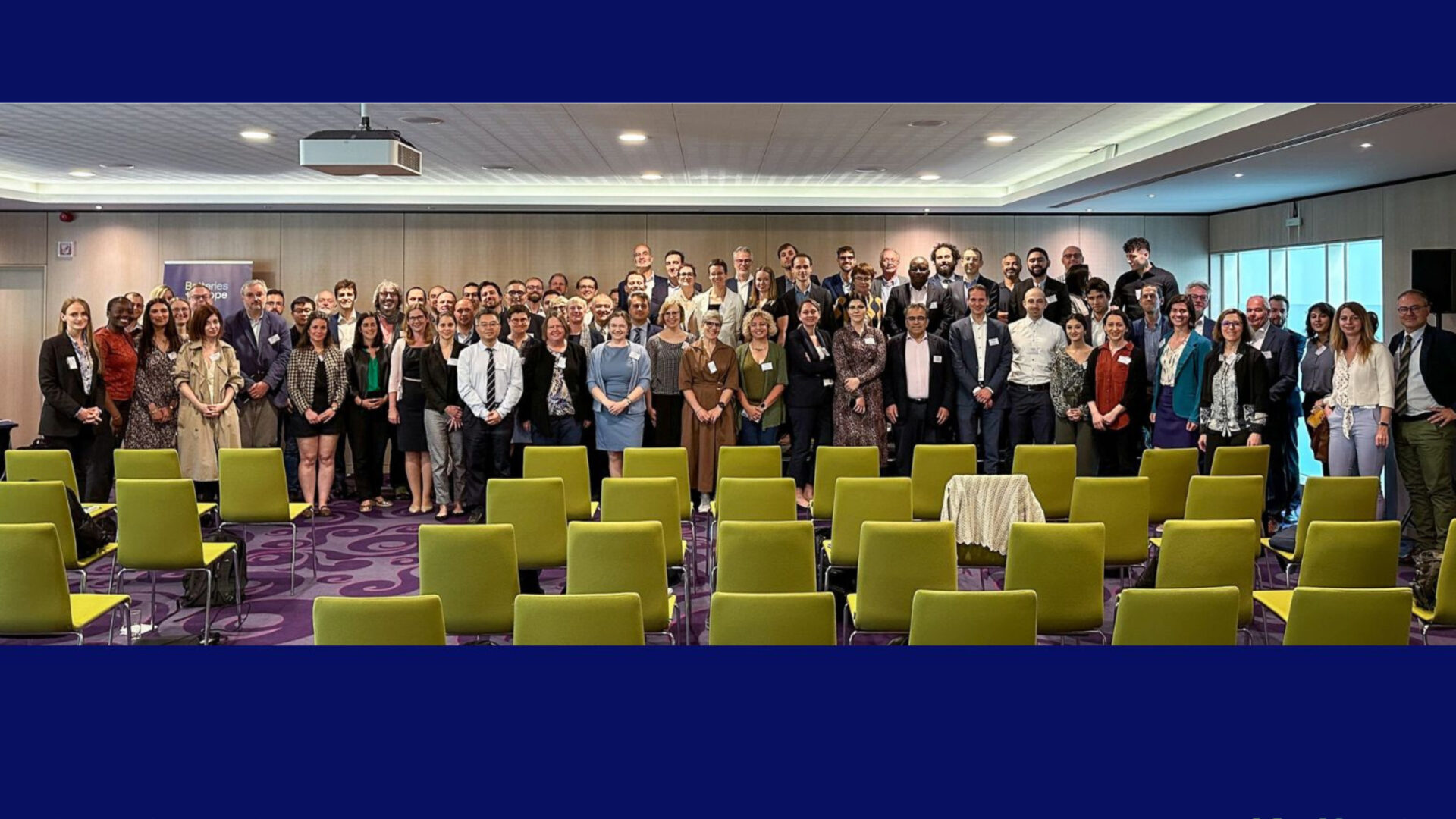30 May 2024:
On 27 May 2024, the Council of the EU adopted the Net-Zero Industry Act. The new legislation aims to boost the EU’s key clean technologies manufacturing capacities and increase EU industry competitiveness and resilience.
NZIA aims to reach at least 40% of domestic manufacturing capacity in net-zero technologies to meet the EU’s annual deployment needs by 2030. In addition, the law requires the EU to ensure a global market share in all key clean technologies of at least 15% by 2040. To support carbon capture and storage projects, the act sets a target of 50 million tonnes of annual injection capacity in EU geological CO2 storage sites by 2030.
“The Act creates the best conditions for those sectors crucial for reaching net zero by 2050. Demand is growing in Europe and globally, and we are now equipped to meet more of this demand with European supply,” said Commission President Ursula von der Leyen.
A set of key measures is being introduced through the law to meet set goals. Crucially, the NZIA shall create favourable investment conditions for green tech by simplifying and accelerating project permit-granting processes and facilitating market access, which particularly applies to public procurement or the actioning of renewable energies. Moreover, Member States shall be able to support specific net-zero technologies, including solar, wind, nuclear, heat pumps, hydrogen, batteries and grid technologies, which will receive priority status and streamlined procedures.
Establishing regulatory sandboxes shall test innovative green technologies under flexible regulatory conditions. The Net-Zero Europe Platform will serve as a coordination hub for the European Commission and Member States and will gather stakeholder input. To support the development of a skilled workforce, Net-Zero Industry Academies will be set up and shall train about 100,000 people within three years. Additionally, net-zero acceleration valleys (i.e., areas concentrating several companies in specific technologies) will create clusters of net-zero-focused industrial activity.
FBE welcomes EU efforts to enhance the competitiveness of clean technology manufacturing. While it is pleasant to see that funding conditions for net-zero technologies are becoming more accessible, the EU missed the opportunity to set sector-specific targets, which would provide a clear ambition for EU industrial policy. A rather broad list of net-zero technologies and limited public investments risk bringing minimal results and might overburden national authorities.
Background and next steps
The NZIA is a key part of the Green Deal Industrial Plan and was presented by the European Commission in March 2023, alongside the Critical Raw Materials Act. The European Parliament and the Council reached a provisional agreement in February 2024, followed by the Parliament vote in April. The Council’s adoption marks the final step in the decision-making process, and the act will enter into force 1 day after the publication in the Official Journal, which is expected towards the end of June 2024.






